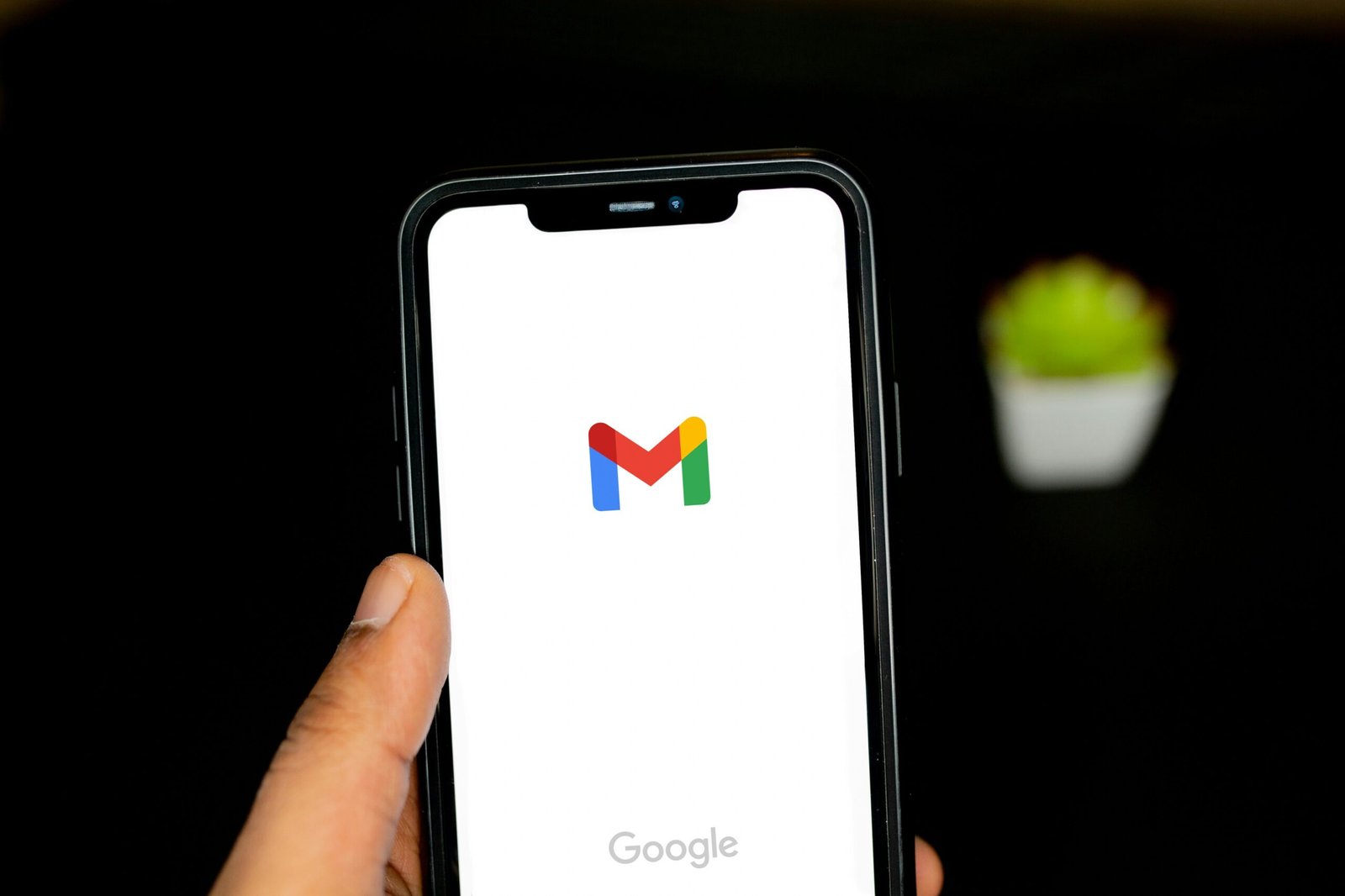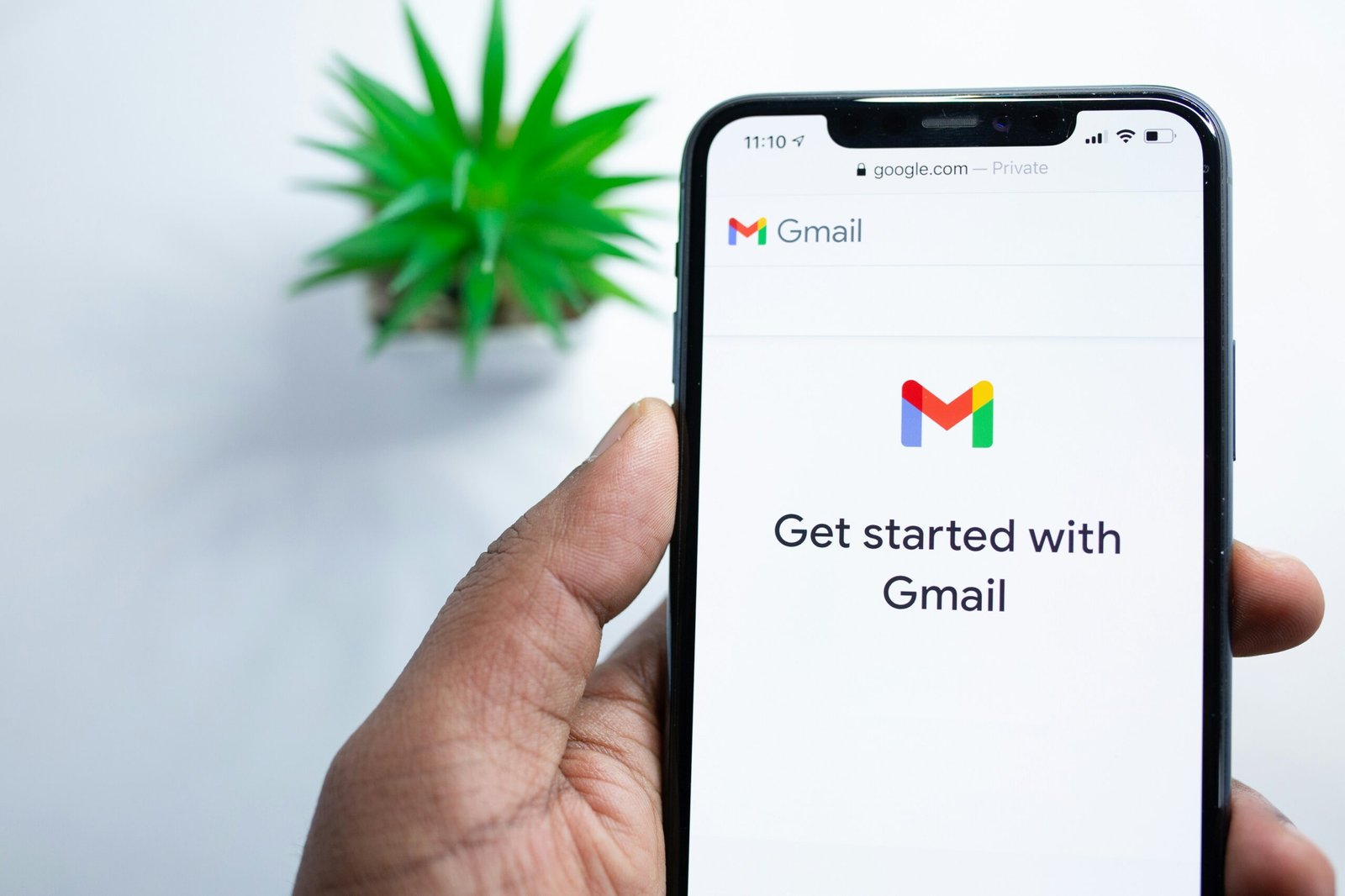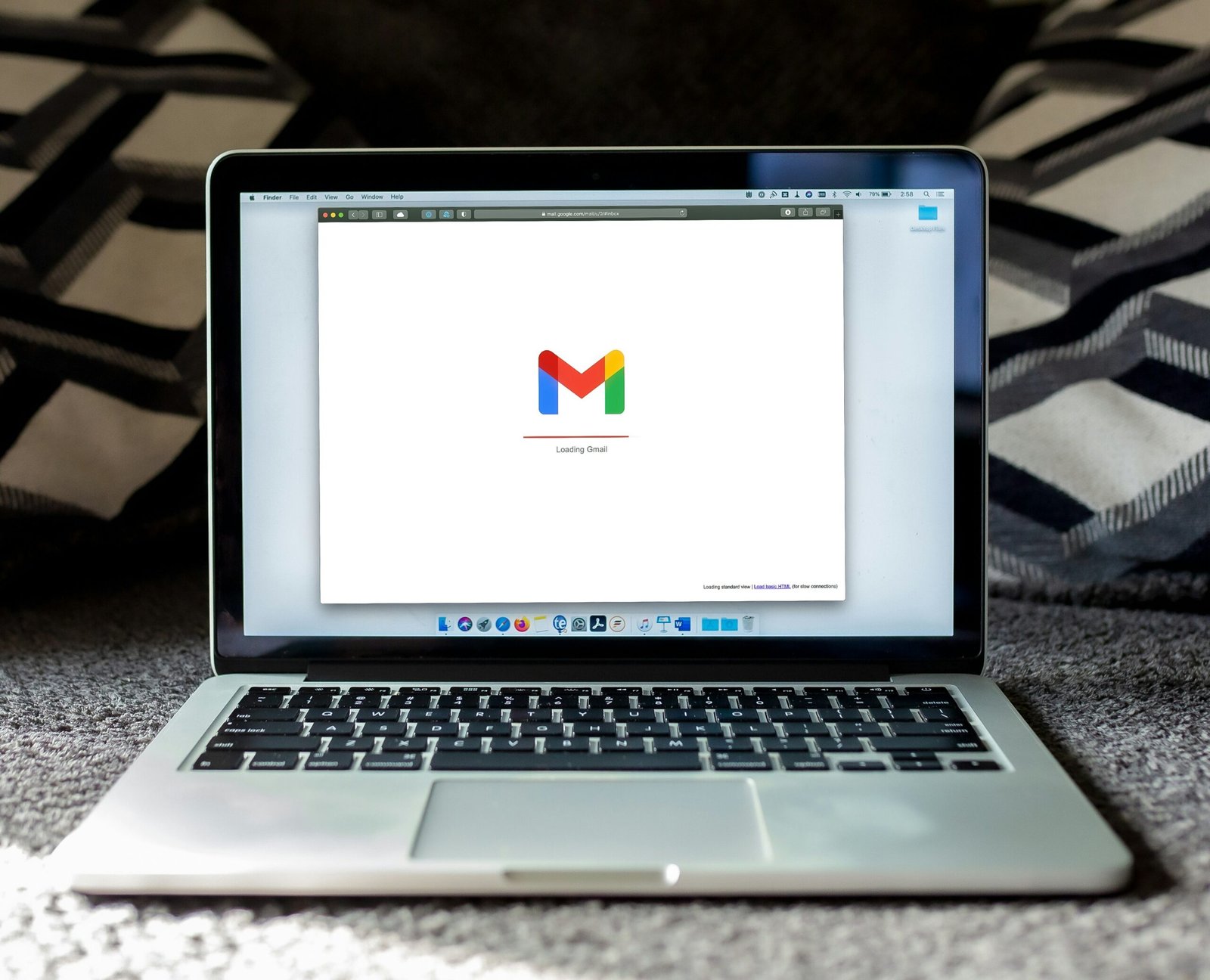Utilizing Email for Special Offers and Promotions
Professional service companies have long recognized the efficacy of email as a strategic tool to communicate special offers and promotions directly to their clients. The importance of personalized and targeted email campaigns in bolstering client engagement and driving conversions cannot be overstated. Effective email marketing starts with crafting compelling subject lines that capture the recipient’s attention. A well-crafted subject line not only piques interest but also sets the tone for the rest of the email.
Segmentation of email lists based on client demographics, interests, and past behavior is essential for maximizing the relevance of the message. By tailoring promotions to specific segments, service companies can ensure that each client receives offers that are in line with their specific needs and preferences. This personalized approach significantly enhances the likelihood of client engagement.
Data analytics play a pivotal role in measuring the success of email marketing campaigns. Key metrics such as open rates, click-through rates, and conversion rates provide valuable insights into the effectiveness of the campaign. By analyzing this data, companies can fine-tune their strategies to optimize performance and achieve better results.
Moreover, the role of email automation tools cannot be overlooked. These tools streamline the distribution of promotional offers, ensuring that emails are sent out in a timely manner and reducing the manual effort involved. Automation also allows for the scheduling of follow-up emails and the implementation of drip campaigns, which can nurture leads and guide them towards making a purchase decision.
In summary, email marketing remains a cornerstone for professional service companies aiming to enhance client engagement through special offers and promotions. By focusing on personalized content, precise segmentation, and leveraging data analytics, companies can drive higher conversion rates and build stronger client relationships. The integration of automation tools further ensures efficiency and consistency in the execution of these email campaigns.“`html
The Significance of Newsletters in Client Engagement
Newsletters are an indispensable tool for professional service companies seeking to maintain effective client engagement. Serving as regular touchpoints, newsletters enable firms to share pivotal company updates, industry news, and valuable educational content. The strategic advantages of newsletters are manifold, beginning with the capacity to enhance client loyalty. By consistently delivering relevant information, companies can remind clients of their value proposition and stay top of mind.
Establishing thought leadership is another significant benefit. Through newsletters, companies can disseminate expert insights and opinions, positioning themselves as authorities in their respective industries. This fosters trust and confidence among clients, who turn to the firm for guidance and knowledge. Moreover, newsletters play a crucial role in building long-term relationships. Regular communication establishes a sense of continuity and investment in the client’s success.
Elements of an effective newsletter include compelling content, engaging visuals, and interactive elements. Compelling content should be informative and tailored to the client’s interests, ensuring that each edition provides value. Engaging visuals, such as graphs, infographics, and images, can make the content more digestible and visually appealing. Interactive elements, such as surveys and feedback forms, encourage clients to engage actively with the newsletter, providing insights into their needs and preferences.
Determining the appropriate frequency for newsletters is essential. Sending them too frequently can lead to client fatigue, while infrequent newsletters may result in lost engagement opportunities. A balanced approach, informed by client feedback and engagement metrics, is recommended. Measuring newsletter performance through metrics such as open rates, click-through rates, and conversion rates provides critical insights. This data can inform adjustments to content strategy, ensuring that newsletters continuously meet client needs and interests.
Announcing Company Milestones and Service Updates
Email serves as a crucial conduit for professional service companies to announce significant milestones and service updates to their clients. These announcements ensure clients are kept well-informed about important changes, creating an environment of transparency and trust. Whether it is informing clients about mergers, expansions, or changes in service offerings, a well-crafted email announcement is key to effective communication.
Professional service companies frequently leverage email when announcing mergers or expansions. Such significant changes can have far-reaching implications for clients’ ongoing projects and future engagements. By providing clear and concise updates, companies facilitate a seamless transition and manage client expectations. For instance, an email detailing a merger would typically outline the reasons behind the decision, anticipated benefits for the clients, and any immediate impacts on service delivery. This level of disclosure not only reassures clients but also helps prevent misinformation.
Service updates, such as the introduction of new services or modifications to existing ones, are another area where email communication plays a pivotal role. It is crucial to communicate these changes clearly to avoid any potential disruptions in service. Emails announcing new services should include comprehensive details, such as the scope of the service, its benefits, and how clients can access it. This allows clients to fully understand and take advantage of the new offerings.
The timing of these announcements is equally important. Sending email updates at strategic times ensures that clients have adequate time to understand the changes and prepare accordingly. Moreover, follow-up communications are essential to address any questions or concerns clients may have. By promptly responding to client inquiries, companies demonstrate their commitment to client satisfaction and uphold their professional credibility.
Ultimately, a systematic approach to email announcements can significantly enhance client relations. Through well-timed, detailed, and transparent communications, professional service companies can maintain client confidence and ensure a smooth transition during critical changes. This strategy not only reinforces trust but also helps in fostering long-term professional relationships.
Invitations to Seminars and Webinars: A Key to Client Education
In the context of professional service companies, seminars and webinars serve as vital tools for both client education and showcasing industry expertise. The strategic dissemination of email invitations is instrumental in ensuring the success of these events. Crafting an effective email invitation involves a blend of appealing design and comprehensive information, making it easier for clients to discern the value of the event. This process often starts with an attention-grabbing subject line, followed by a concise yet informative body that highlights the key benefits and logistical details.
To enhance the effectiveness of these invitations, audience segmentation plays a critical role. By categorizing clients based on their interests, needs, or industry sectors, companies can tailor invitations to resonate with each group. This method increases the likelihood of targeting the right attendees who will find the content relevant and beneficial. For instance, a webinar on regulatory changes might be more relevant to compliance officers than to marketing teams. Consequently, segmented email campaigns can significantly improve registration rates.
Follow-up emails serve as an essential component in maintaining participants’ engagement and ensuring maximum attendance. These emails, which can include reminders as the event date approaches, often highlight any incentives, such as exclusive materials or networking opportunities, to boost participation. Additionally, detailed instructions on accessing the webinar or what to bring to the seminar can help alleviate any potential attendee concerns.
The role of email does not cease with the event’s conclusion. Post-event communications are crucial for reinforcing relationships and extracting value from the interaction. Sending thank-you notes, sharing on-demand content for those who attended or registered, and distributing surveys to collect feedback are all instrumental actions. These communications not only express appreciation but also provide opportunities for continuous engagement, thereby turning a single event into a long-term value proposition.




